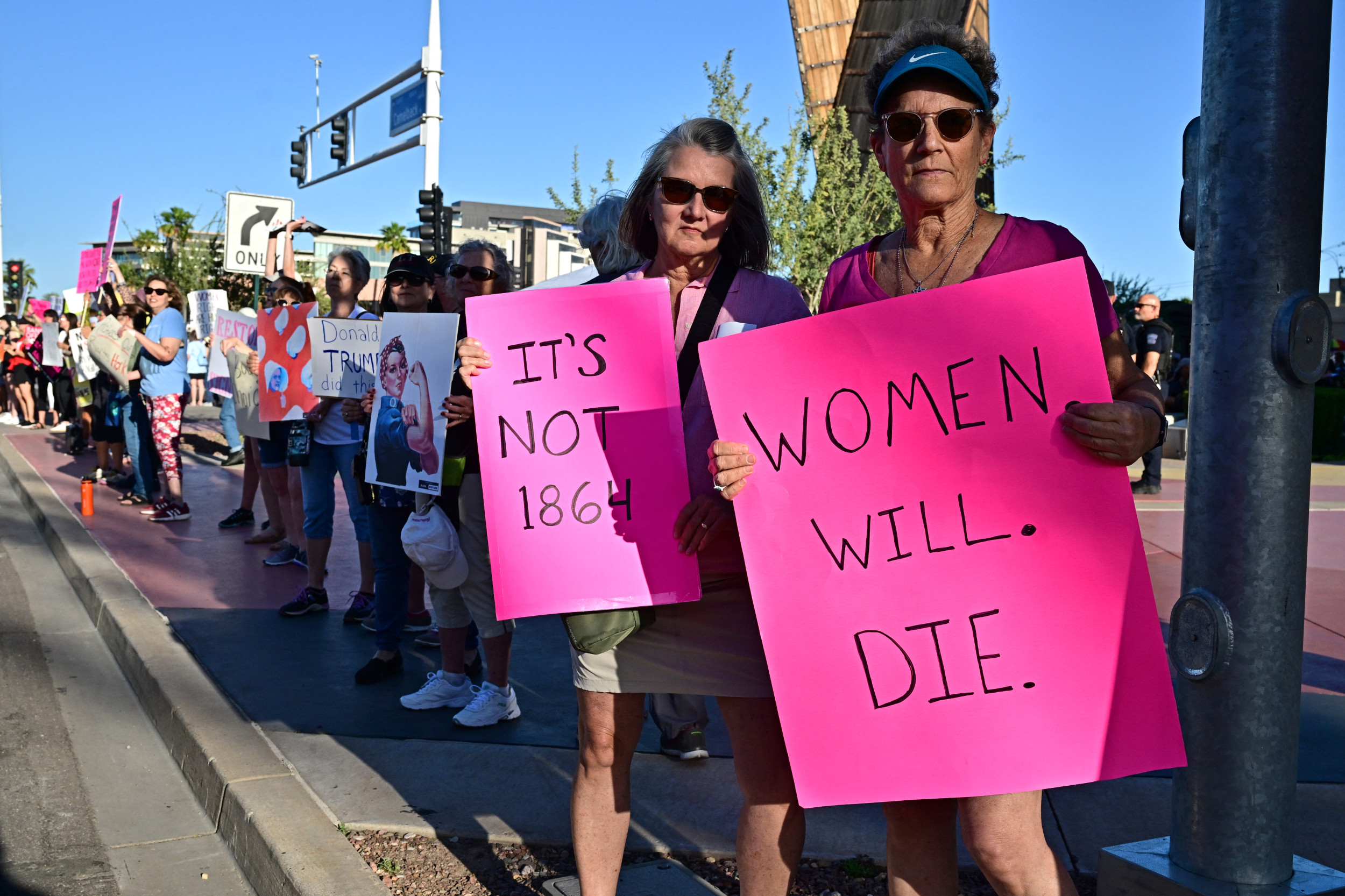
In his 25-year career, filmmaker Kirby Dick has taken on a host of powerful institutions, and left most of them excoriated in his wake: the Catholic Church (Twist of Faith), hypocritical closeted politicians (Outrage), even the Motion Picture Association of America (This Film Is Not Yet Rated), whose members represent the biggest studios in the country and run the very industry of which Dick is a part.
Add another body to the pile. His latest film, The Invisible War, is an investigation into the ongoing "epidemic" of sexual assault within the U.S. military. It includes the testimony of dozens of women, and a few men, whose experiences in the armed forces included not just rape, but institutional retaliation; former judge advocate general (JAG) officers and investigators who speak of being instructed to treat victims like criminals; and lawmakers frustrated with decades of Pentagon stonewalling.
Dick wisely lets the institution hang itself. He shows a top Department of Defense official getting booted out of a 2008 House subcommittee hearing on military sexual assault for openly defying a congressional directive. In an excruciating display of ineptitude, Dr. Kaye Whitley, the civilian who until last year ran the military's office on rape prevention and response, sits for an interview with Dick and responds to one question after another—easy ones, no hardballs here—with a vapid smile and "that's out of my area of expertise." The Department of Defense comes off looking at best oblivious and at worst vengeful, misogynistic, cruel. Little wonder, then, that Dick half expected the Pentagon to unleash a smear campaign as soon as it got wind of the film.
Instead, the documentary went from Sundance, where it earned the coveted Audience Award, to Capitol Hill. Dick and his team, which included an all-star cast of influential executive producers, launched a "behind-the-scenes campaign to take it to the highest levels of military and Congress." One of those producers, Jennifer Siebel Newsom, whose husband is lieutenant governor of California, says she got it into the hands of Defense Secretary Leon Panetta's chief of staff, who hosted a screening in April. Two days later, Panetta called a press conference and announced a slew of changes to how the military handles reports of sexual assaults. The head of the Joint Chiefs stood beside him, looking contrite, and admitted that the military had failed to handle the issue themselves. Later that month, President Obama, in his first public statement on the topic, threw his support behind Panetta's efforts.
Dick is cautious in his praise for the measures, calling them "first steps" toward reform. But he also admits that the documentary has already succeeded far beyond what he and his producers ever imagined. "For a film, within a few months of coming out of Sundance, to be seen by the secretary of Defense, for the issue to be prominent for the Joint Chiefs and the president ..." he says. "We were hopeful it would make this kind of impact; we never thought it would come so soon."
Uncommon Knowledge
Newsweek is committed to challenging conventional wisdom and finding connections in the search for common ground.
Newsweek is committed to challenging conventional wisdom and finding connections in the search for common ground.
About the writer
To read how Newsweek uses AI as a newsroom tool, Click here.





